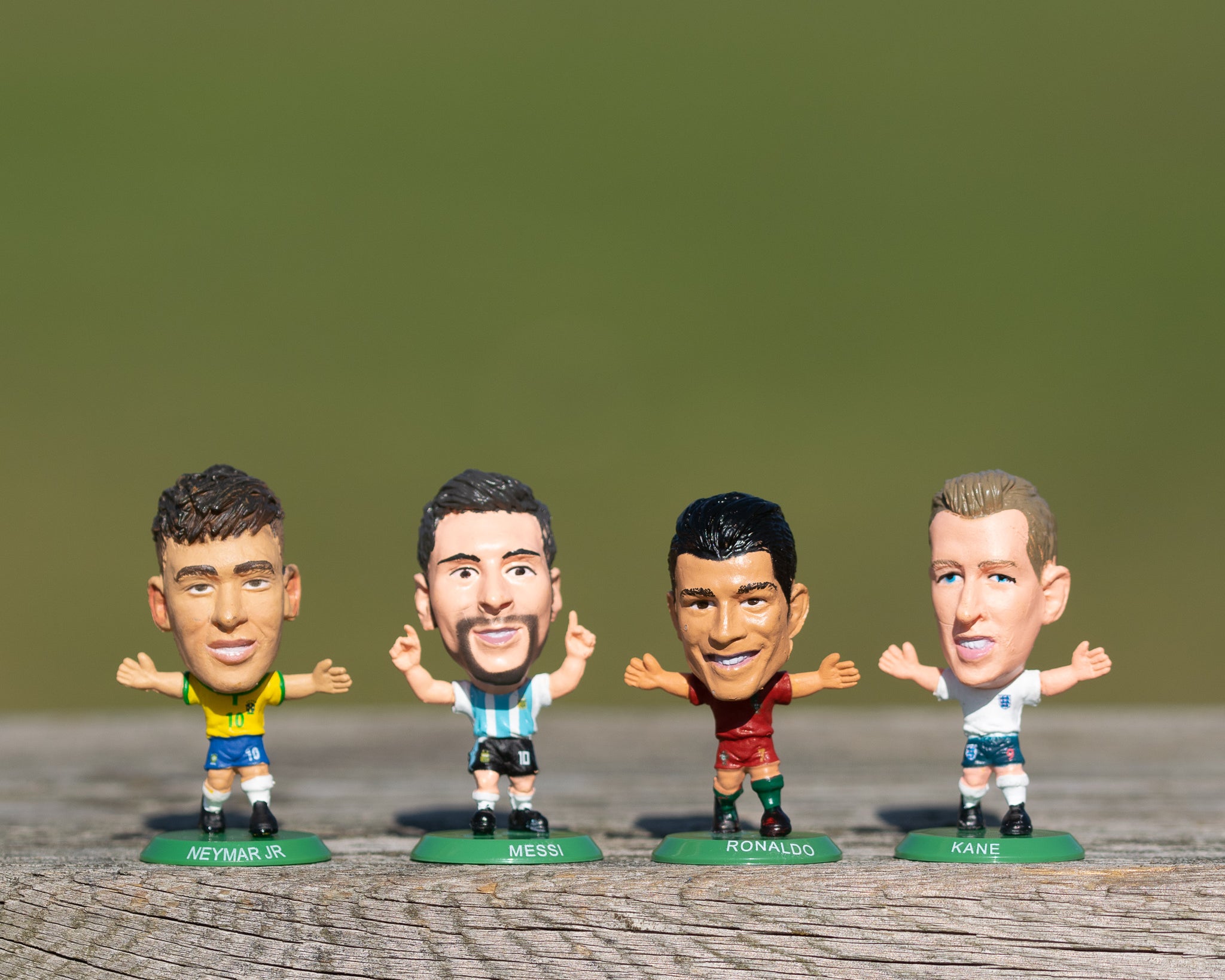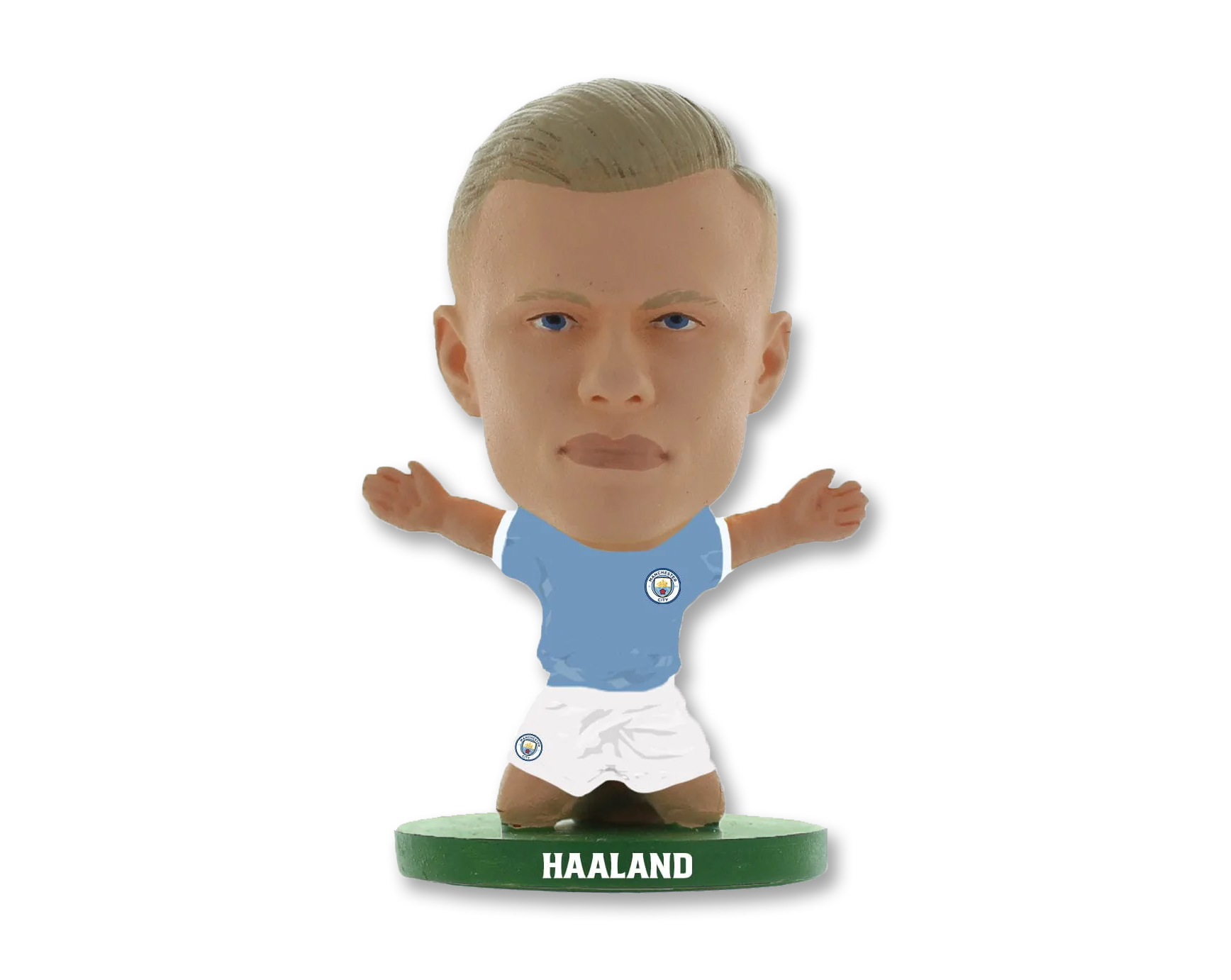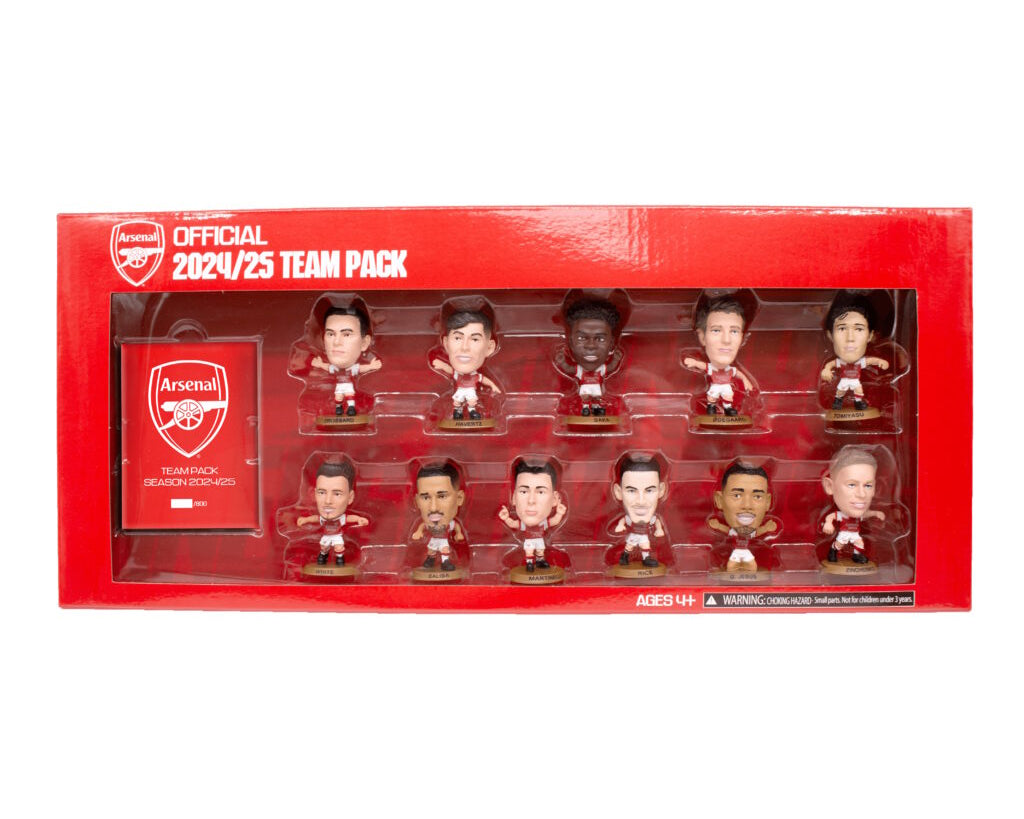How Your Birth Month Can Impact Your Soccer Career

What do Cristiano Ronaldo, Neymar, and Jamal Musiala all have in common? Other than being soccer legends, they were all born in the month of February. When you think about what makes someone a legendary player, the first thoughts that come to mind are probably natural talent and unwavering determination for the beautiful game. But did you know that birthdays can also play a huge role in how successful a soccer player becomes? Based on recent studies, the month a player was born can determine if a player makes it to the big leagues, and being born earlier in the year gives young players an advantage against their teammates. Keep reading to learn more about how your birth month can impact your soccer career!
The Relative Age Effect
The Relative Age Effect is a pattern seen in soccer and other sports like hockey and basketball where players born earlier in the selection year (January to March) are given more opportunities in youth teams. This is because most soccer systems group players by calendar year, which means that a player who has a birthday in January could be almost a full year older than another teammate born in December. At a young age, the difference a year of growth makes is huge and the player is often a standout for coaches for being a bit bigger and stronger than the rest. This means the older players get more playing time, coaching, key position experience, and other opportunities that the younger players miss out on. Research shows that talent does come into play as well, but this early boost gives players an advantage and top youth squads tend to be dominated by players born early in the year!
The Numbers Don’t Lie

The studies done to support the claim that players born in early months are more likely to be successful in their soccer career says it all. At youth tournaments like the Under-17 European Championship, the majority of the players have early birthdays. In fact, one championship winning squad had 11 players born between January and March and only one player born in December. Across youth teams in Europe, there are often double the number of players born in January as ones born in December, even though birth rates in general for those months are similar!
The Underdog Effect

While early born players tend to dominate youth teams, the age advantage doesn’t show any evidence of carrying over into adult leagues. Studies show that by the time players reach professional level of soccer, the birth-month gap closes. Surprisingly, players born in later months may actually have an advantage going into the big leagues. This is known as the underdog effect, which means that the players who have had to work harder and adapt at such a young age come out as stronger, more skilled, and resilient players in comparison.
It’s harder for athletes born later in a selection year to become professional athletes. But if they can make it there, they have a greater chance of reaching the highest level of the game! Harry Kane is a perfect example of the underdog effect. Kane had two disadvantages going against him when he was young. Firstly, he was born on July 28, a month before the end of the English school year, and secondly, he was a late bloomer for his age. After being released by Arsenal, Kane was signed by the academy of Tottenham Hotspur. He’s now scored more than 200 goals for Tottenham and is valued at well over $100 million, proving that you don’t always need a head start to make it big!
Now that you know the facts, do you think your birth month has the power to impact your future? When it comes to soccer, being born early in the year doesn’t make someone more talented, it simply gives them a head start in the youth system. Our favourite players in the top leagues may have had an advantage as kids, but now that they’re playing with the elites, it comes down to skill and hard work over anything else. Your birthday might open some extra doors along the way, but it's the dedication you put in to keep going that makes all the difference!
- Tags: LIFESTYLE
0 comments













